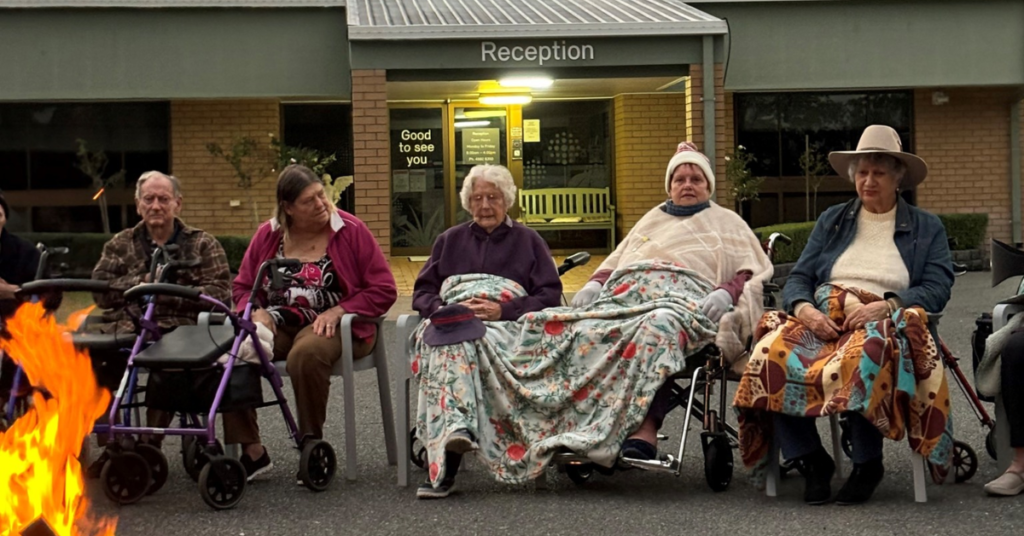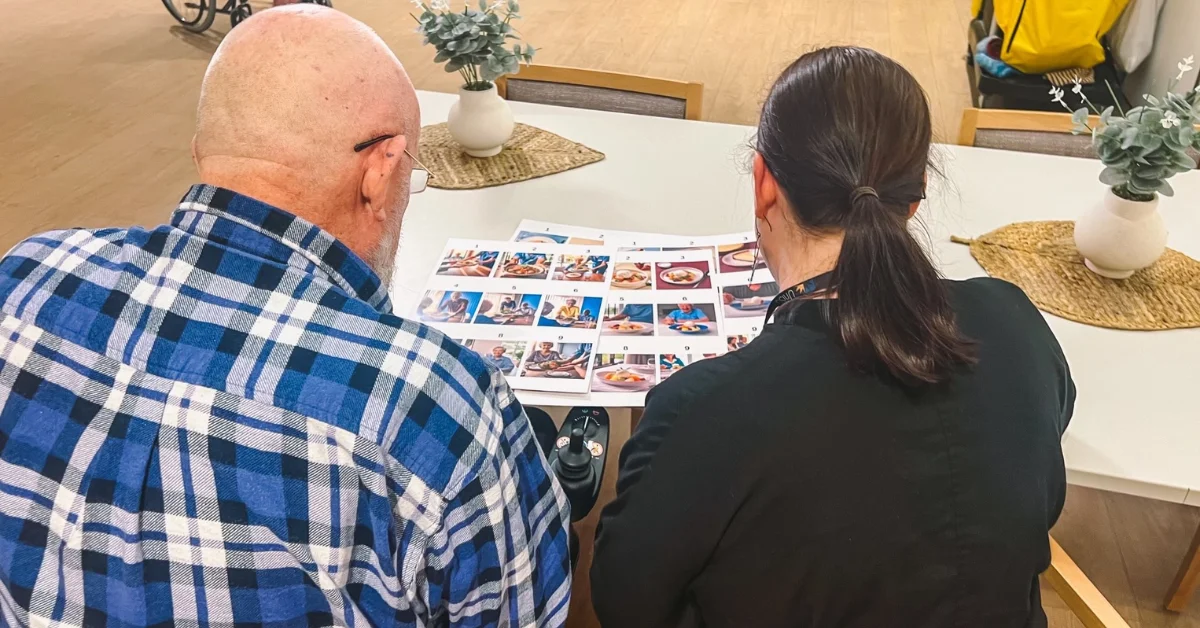An innovative research programme utilising artificial intelligence to enhance the mealtime experience for dementia patients is underway at St Paul’s Aged Care in Caboolture.
This landmark study, spearheaded by researchers from the University of Queensland and the University of Sunshine Coast in collaboration with Lutheran Services, explores AI’s potential to create visually appealing meal prompts that evoke positive food memories. It aims to combat the heightened risk of malnutrition associated with dementia.
Harnessing the Power of AI for Enhanced Wellbeing

At the forefront of this research is Dr Tricia King, a lecturer in photography at UniSC, who is employing AI to generate a series of meal images designed to stimulate appetite and encourage residents to partake in their meals.
The pilot study, which initially commenced at Immanuel Gardens Aged Care before expanding to other Lutheran Services locations, is making encouraging progress. Dr King has been actively engaging with participants, exploring their meal preferences, food memories, and reactions to images of meals prepared according to Aged Care Standards. The invaluable insights gathered during these interactions, such as preferred table settings and image styles, will inform the development of AI-created visual prompts in the coming months.
The ultimate goal is to create an AI-generated visual menu to facilitate communication and empower individuals with dementia to participate actively in their meal choices.
A Focus on Resident Wellbeing

This groundbreaking research aligns seamlessly with Lutheran Services’ commitment to resident well-being and providing exceptional dining experiences. AI-generated meal images are a significant advancement, eliminating the need for laborious preparation and photography of multiple meal variations.
Tricia Davis, Lutheran Services’ executive lead for Aged Care and Quality, expressed enthusiasm about the potential of this technology to enhance the lives of residents despite the challenges of dementia. She emphasised how this research complements their ongoing efforts to address the increased risk of malnutrition in individuals with cognitive decline.
Dr King, passionate about the potential of photography in aged care settings, is excited to bring her expertise to this study. Witnessing the rapid shift towards AI, she saw an opportunity to leverage AI-generated images to connect with individuals experiencing varying levels of cognitive impairment.
The “What Would You Like to Eat? Supporting Residents with Dementia to Participate in Mealtime Decisions” research programme represents a promising step towards harnessing technology to improve the quality of life for those with dementia.
Published Date 15-August-2024
Photo Credit: Lutheran Services/ Facebook












